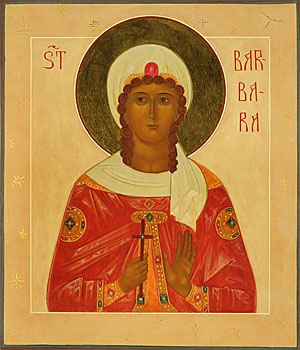|
|||
|---|---|---|---|
| This weekly bulletin insert complements the curriculum published by the Department of Christian Education of the Orthodox Church in America. This and many other Christian Education resources are available at http://dce.oca.org. | |||
|
In Luke 20:9-26 we read that the scribes and chief priests wanted to lay hands on Jesus because He had told the parable of the vineyard and its wicked tenants being destroyed. The scribes and chief priests "perceived that He had told this parable against them." But they didn't dare take Him because they "feared the people." Why should these Jewish leaders fear those they had been entrusted to lead? Verses 19:47-8 give an answer: "Every day He was teaching in the temple. The chief priests, the scribes, and the leaders of the people kept looking for a way to kill Him; but they did not find anything they could do, for all the people were spellbound by what they heard" (NRSV). Jesus was a spellbinder, giving people a vision of God they had never had before. He spoke as nobody else had ever spoken. So He was indeed someone to fear, because His teaching could upend the whole religious power structure and put the Jewish leaders' positions in jeopardy. But to take Him by violence would enrage the people. So they approached Him not with a frank challenge to what He was saying but with a craftily concocted trap. They began with fulsome praise of His admirable indifference to rank and His speaking and teaching "rightly." We can only wonder how they ever got the idea that He was susceptible to oily accolades and false smiles. They then laid the trap with a question designed to get him in trouble no matter which way He answered. They asked Him whether it was lawful to give tribute to Caesar. A "no" would be treason against the Roman government; a "yes" would alienate those Jews who equated patriotism with resistance to Rome.
But Jesus would not be trapped. He said that the coin bearing Caesar's image ("likeness" in some translations) belonged to Caesar, and must rightly be paid to him when he asked for it. But by extension we who bear the image and likeness of God belong only to Him, and that must be our first allegiance. We should not be just good but exemplary citizens of the places we live in now, yet always mindful of our true home and citizenship with God. One of those people spellbound by Jesus Christ's words was the great martyr Barbara. Though her father locked her away from the world, she heard the Gospel from her maidservants and was drawn to Christ. Her father, like the Jewish leaders but without their subtlety, reacted with fear and dragged her directly to the authorities. Barbara had to decide what to render to Caesar and what belonged only to God. Perhaps as she was being martyred she held onto Christ's words and let them carry her to Him. She had maintained the image and likeness He gave her, so she could be certain of a warm welcome. |
|||

